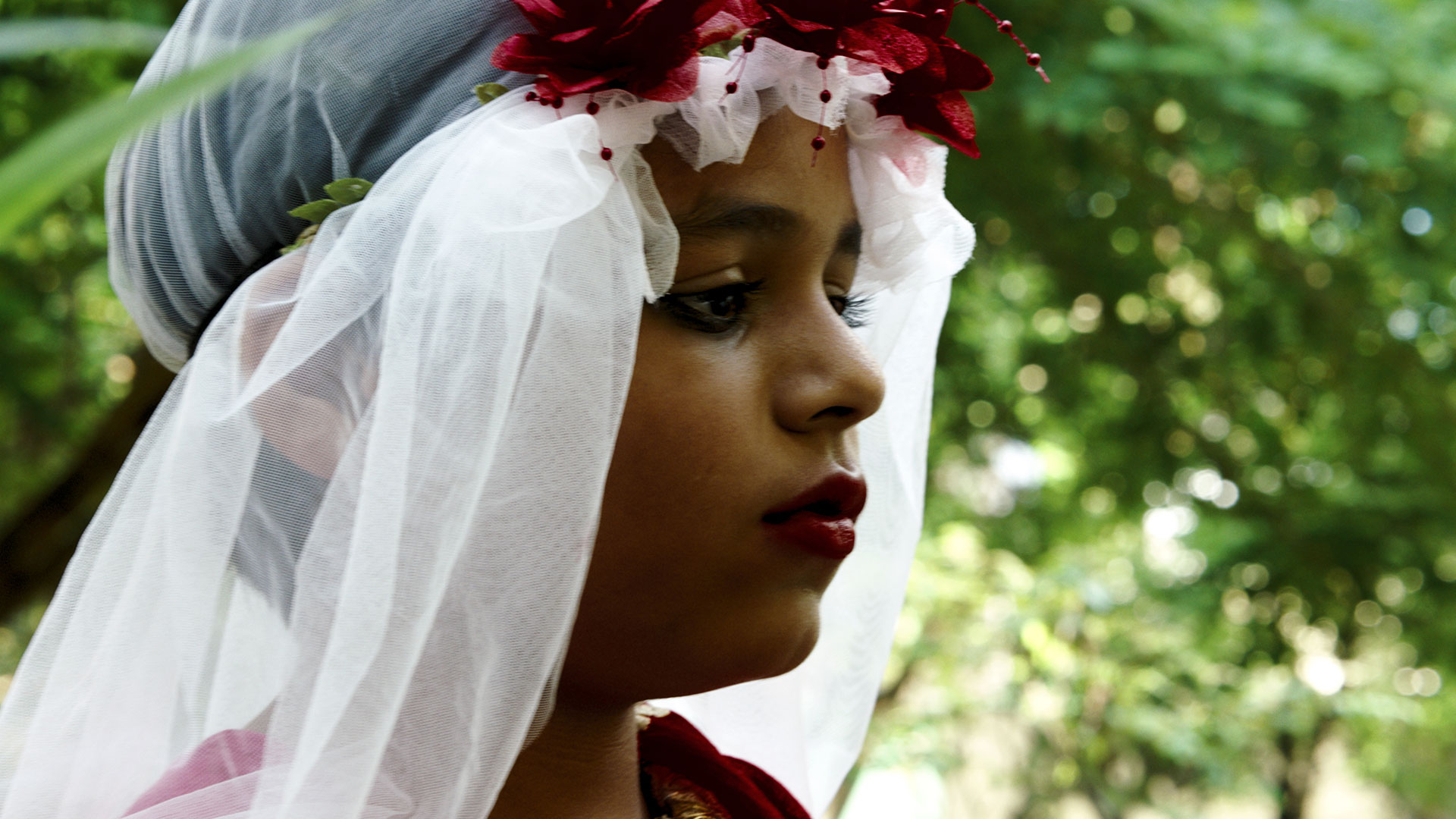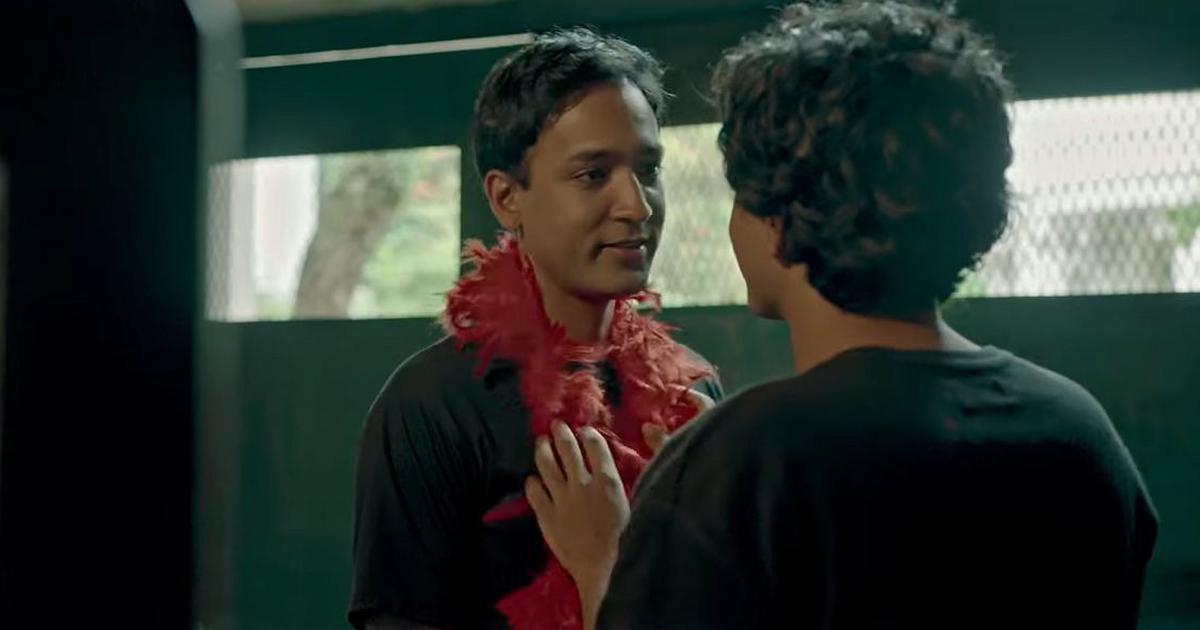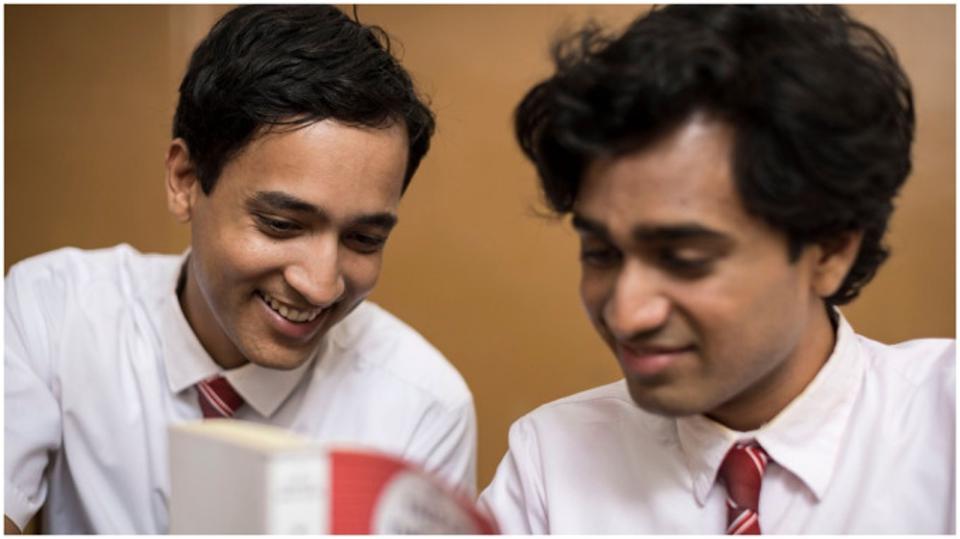‘Funny Boy’ was Canada’s official entry to the 93rd Academy Awards in the Best International Feature Film category. Set against the backdrop of rising political tensions in Sri Lanka in the 1970s and 80s, the Canadian drama follows a young Arjie from childhood (Arush Nand) to his late teen (Brandon Ingram) years as he tries to make sense of himself and his sexual identity.
Directed by multiple award-winning filmmaker Deepa Mehta, the film is an adaptation of Shyam Selvadurai’s novel, which is of the same name. ‘Funny Boy’ touches upon events of the Sri Lankan Civil War and a young man who finds love across societal borders, making us wonder if this is based on a real person. Let us find out!
Funny Boy: Fiction Inspired by Real Life
Yes, ‘Funny Boy’ is partially based on a true story. The coming-of-age film is based on a 1994 novel that is a semi-autobiographical account of the author, Shyam Selvadurai, who has also co-written the film along with Deepa Mehta. In an interview with Mint Lounge, Mehta described the film’s story as a semi-autobiographical account of the author. However, Selvadurai has made it clear that although there are many similarities between Arjie and himself, Arjie’s journey should not be seen as autobiographical. That being the case, there are quite a number of events in the film that are based on real-life incidents.
The film draws upon several aspects of Selvadurai’s life. He revealed the significant factor that helped him bring the story to fruition in his interview with ForbesLife India. He said, “By the time I left for Canada, I had already spent all my formative years in Sri Lanka. What displacement did was give me a chance to see Sri Lanka from a distance. Also, I wouldn’t have written or known how to write about being gay in a positive manner if I hadn’t lived in Canada. Politically, I was shaped by my time in Canada in the early 1990s—the identity politics movement.”
Arjie’s character in the film and the book is a young gay man leaving Sri Lanka with his family when the socio-political disturbances between the Tamil and Sinhalese people were marching towards a Civil War. Selvadurai was brought up in an upper-middle-class family in Colombo and was surrounded by relatives; this is an aspect he has incorporated into Arjie’s story.
However, a significant difference between Selvadurai and Arjie is the fact that Selvadurai’s parents were much more accepting and supportive of his sexual identity and creative interests. Unlike Arjie’s character, who is Tamil, Selvadurai’s father is Tamil and mother a Sinhalese. There is a scene in the film wherein a young Arjie plays with his cousins dressed up as a bride; this was plucked directly from his own childhood experiences.

While making the film, Deepa Mehta was conscious about keeping Selvadurai’s voice intact. Mehta felt that it was of utmost importance that the actor who plays Arjie must be gay. It took about a year to cast the right actors for this film. As to why Brandon Ingram was cast as Arjie, this is what Deepa Mehta had to say, “There’s a deep silence within him. He talked to me about the time he came out to his mother, a singer who raised him as a single parent. He told me how embracing she was about his sexuality, and that touched a chord with me.”

The film touches upon a sensitive issue, especially in the Sri Lankan context, given that same-sex relationships are criminalized even today. Selvadurai revealed that while writing the novel, he felt that he had to be “true to the experiences” of people who were probably not as fortunate as him when it came to violence and discrimination against the LGBTQ community.
However, it is the universal and compelling theme of love that shines through in Arjie’s story. The widely-read book was published in 1994, with several attempts to adapt it for the screen. However, Selvadurai was not impressed with the outcomes as it focused mostly on the violence and missed out on the “human story.” The author felt that the film’s appeal is the “act of rebellion in the name of love,” which makes the story whole and timeless, free of external influences of socio-political structures.
Themes of displacement and dealing with preconceived notions is relatable to millions of people across the world who have been forced to leave their homeland for various reasons and learn to adapt to a new culture. Approximately 200,000 people fled to Canada during the Sri Lankan Civil War and settled in the Greater Toronto Area; Selvadurai’s family is among them.
Read More: Best LGBTQ Movies of All Time


You must be logged in to post a comment.